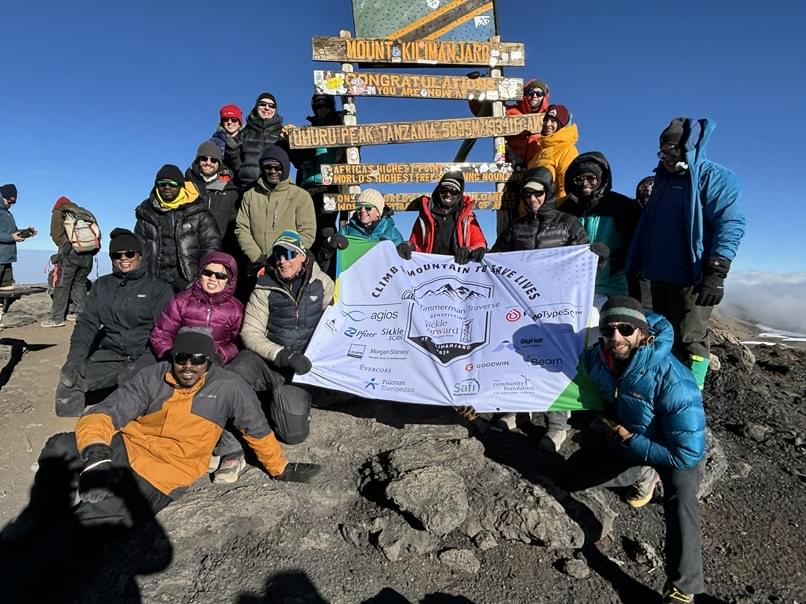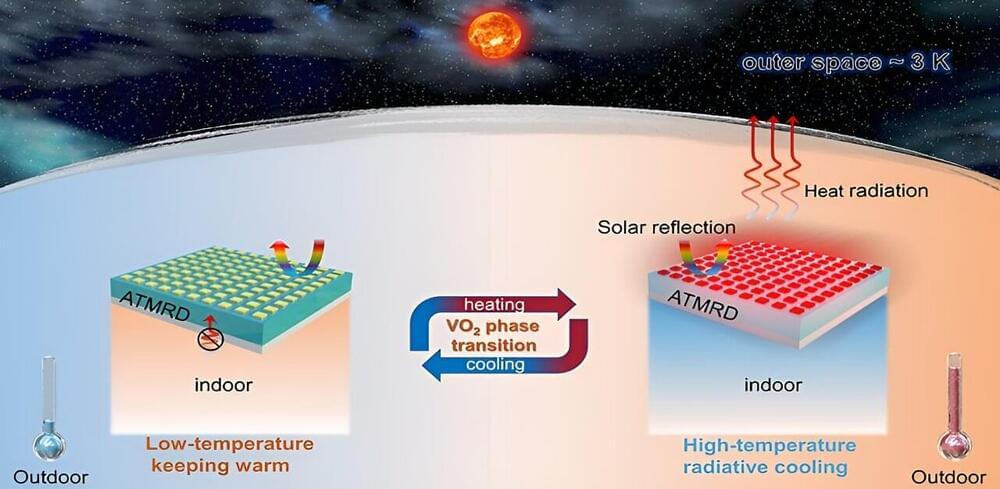“If a tree falls in the forest, and no one hears it, does it make a sound?” I remember seeing an actual argument get started on this subject—a fully naive argument that went nowhere near Berkeleyan subjectivism. Just:
“It makes a sound, just like any other falling tree!” “But how can there be a sound that no one hears?”
The standard rationalist view would be that the first person is speaking as if “sound” means acoustic vibrations in the air; the second person is speaking as if “sound” means an auditory experience in a brain. If you ask “Are there acoustic vibrations?” or “Are there auditory experiences?”, the answer is at once obvious. And so the argument is really about the definition of the word “sound”







